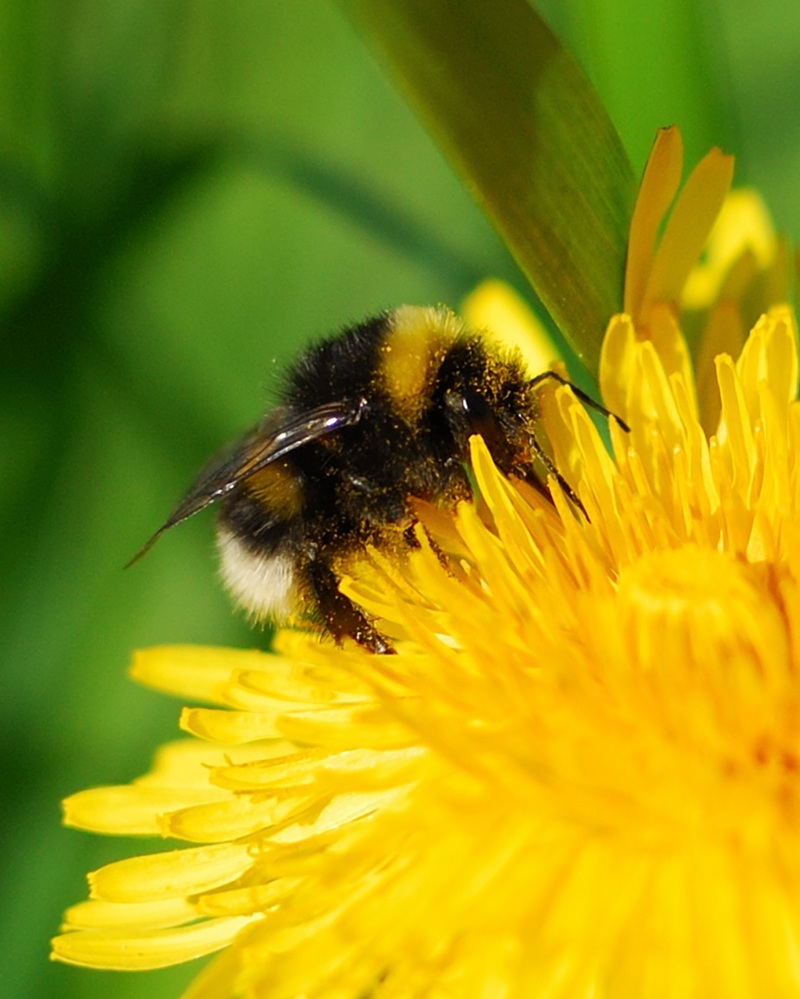A Tayside beekeeping expert has voiced disappointment that a £1.8 million neuroscience research project at Ninewells Hospital in Dundee has been left badly stung after thieves stole thousands of rare bees.
Gavin Ramsay (54), vice-president of the East of Scotland Beekeepers Association, said it was a “sad fact” that, on occasion, thieves target beehives so they can then sell them on to a third party or to replenish a beekeeper’s dwindling colony.
The Errol man, who has been with the association for 14 years, made the comments to The Courier after police revealed criminals swooped on Dundee University medical school on Sunday before leaving with a haul of British black bees and their hives. The culprits, says Mr Ramsay, are likely to have knowledge of beekeeping.
“I am actually in the process of starting up an apiary so am quite concerned about this,” he said. “It has to be people who know what they are doing but the fact is that, at the moment, we just don’t know.Rare”It is fairly rare that something like this happens, but it does on occasion.”
A full colony of bees can cost up to £250, with the hive and equipment costing several hundred pounds more. But protecting the swarm against theft is proving increasingly difficult, according to Mr Ramsay.
“You can mark hives, but even that won’t stop thieves,” he said. “They can tip the bees into another hive so it is very difficult to guard against theft.
“It is always good to try to keep your apiary out of sight if you can and not tell too many people about it. You want to minimise the risk. That is a concern for me because, with the new apiary, I plan to teach beginners and those interested in beekeeping what to do.”
Dr Chris Connolly, lead researcher on the university project, described the crime as “disheartening.”
“Whilst we are still taking stock of the full implications if the bees are not returned, this theft will undoubtedly hamper our research,” said Dr Connolly.
“The bees were there when I arrived at work on Sunday morning but were absent when I went to work on them 20 minutes later. Two middle-aged men in a white van were seen pulling up beside the hives at this time and clearly whoever did this knows what they were doing and how to handle bees.”
The study, launched last year, is looking at whether the use of pesticides is hampering the cognitive functions of bees and possibly hastening their demise.
“These bees are very unique and so should be easy to identify if sold on,” said Dr Connolly.
“At this point, it is not clear if the bees were stolen for profit, for their breeding potential as native black bees, or for another reason. The project is investigating the potential effect of pesticides on bee learning and health.Important research”This is very important research given the decline in honeybee numbers so I would urge anyone with information to get in touch with the police.”
A police spokesman confirmed officers were investigating the theft of several thousand British black bees and cedar wood Thorne hives. The total value of the haul is put at up to £3500.
The spokesman said, “We would appeal for anyone who witnessed suspicious activity in the area to contact us.”
Information can be passed to the force via any officer or on 0300 111 2222.
